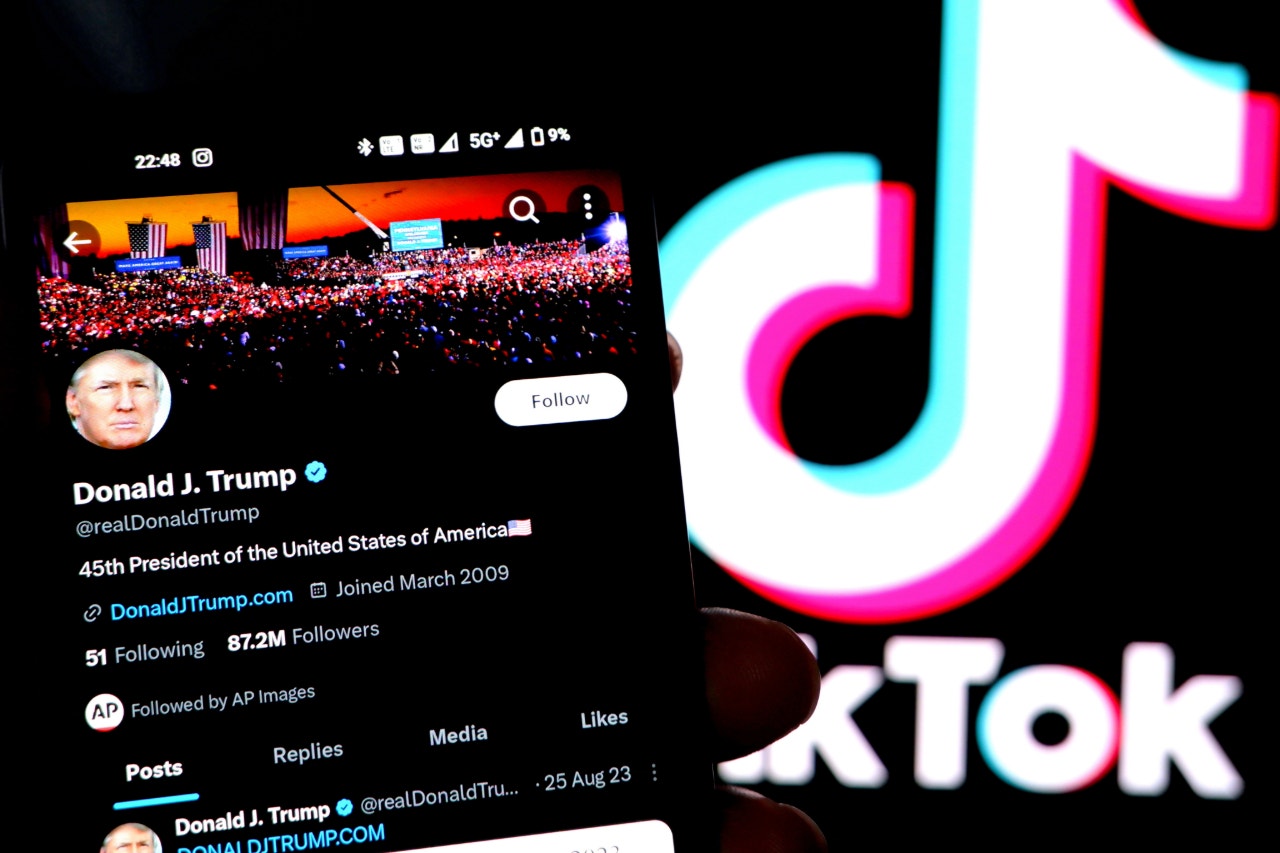Supreme Court appears skeptical of blocking U.S. ban on TiKTok: What to know

The recent oral arguments heard by the Supreme Court in a fast-tracked case concerning the future of TikTok, a popular Chinese-owned social media app, have sparked significant debate over the app’s continued operation in the United States. The looming ban on TikTok, set to take effect in just nine days unless divestiture or last-minute intervention occurs, is a result of the Protecting Americans from Foreign Adversary Controlled Applications Act. This law, signed by President in April and passed with bipartisan approval, requires TikTok to sever ties with its Chinese parent company, ByteDance, or face removal from U.S.-based app stores and hosting services within nine months.
During the oral arguments, lawyers for the Biden administration emphasized the national security risks posed by TikTok’s Chinese ownership. U.S. Solicitor General Elizabeth Prelogar highlighted concerns that China could exploit the app to manipulate its algorithm, prioritize certain content, or access vast amounts of user data on American users. The potential for China to utilize TikTok as a tool for harassment, recruitment, and espionage was also underscored, raising alarm bells about the app’s data security and the implications for U.S. users.
On the other side, TikTok’s legal team framed the case as a restriction on free speech under the First Amendment, arguing that the divestiture law fails to meet the strict scrutiny standard required to justify restrictions on speech. The company’s lawyer, Noel Francisco, contended that TikTok should be entitled to the highest level of free speech protections as a U.S.-incorporated subsidiary, despite its foreign ownership.
The Supreme Court justices appeared divided during the oral arguments, with some expressing skepticism about TikTok’s free speech claims and others questioning the potential national security risks associated with the app. Chief Justice John Roberts raised concerns about the app’s role in exacerbating social divisions among Americans, while Justice Sonia Sotomayor suggested considering the case from a data control perspective rather than solely as a free speech issue.
The court’s decision on the TikTok case could have significant implications for the millions of Americans who use the app, as well as broader implications for the regulation of foreign-owned platforms in the U.S. With just nine days until the ban is set to take effect, all eyes are on the Supreme Court to determine the future of TikTok in the United States. A ruling or order is expected before the Jan. 19 deadline, and the outcome of this high-stakes legal battle remains uncertain.




